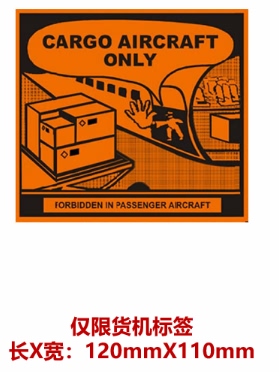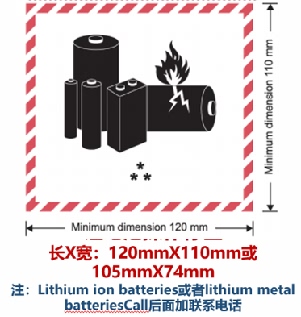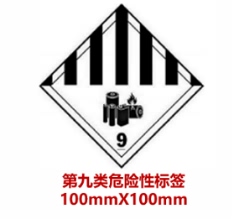United Nations develops Hazard-based system for classification of lithium batteries
United Nations develops Hazard-based system for classification of lithium batteries,
United Nations,
▍Document requirement
1. UN38.3 test report
2. 1.2m drop test report (if applicable)
3. Accreditation report of transportation
4. MSDS(if applicable)
▍Testing Standard
QCVN101:2016/BTTTT(refer to IEC 62133:2012)
▍Test item
1.Altitude simulation 2. Thermal test 3. Vibration
4. Shock 5. External short circuit 6. Impact/Crush
7. Overcharge 8. Forced discharge 9. 1.2mdrop test report
Remark: T1-T5 is tested by the same samples in order.
▍ Label Requirements
|
Label name |
Calss-9 Miscellaneous Dangerous Goods |
Cargo Aircraft Only |
Lithium Battery Operation Label |
|
Label picture |
 |
 |
▍Why MCM?
● The initiator of UN38.3 in the transportation field in China;
● Have the resources and professional teams being able to accurately interpret UN38.3 key nodes related to Chinese and foreign airlines, freight forwarders, airports, customs, regulatory authorities and so on in China;
● Have resources and capabilities that can help lithium-ion battery clients to “test once, pass smoothly all airports and airlines in China “;
● Has the first-class UN38.3 technical interpretation capabilities, and housekeeper type service structure.
As early as July 2023, at the 62nd session of the United Nations Economic Subcommittee of Experts on the Transport of Dangerous Goods, the Subcommittee affirmed the work progress made by the Informal Working Group (IWG) on the hazard classification system for lithium cells and batteries, and agreed with the IWG’s review of the Regulations Draft and revise the hazard classification of the “Model” and the test protocol of the Manual of Tests and Criteria.
Currently, we know from the latest working documents of the 64th session that the IWG has submitted a revised draft of the lithium battery hazard classification system (ST/SG/AC.10/C.3/2024/13). The meeting will be held from June 24 to July 3, 2024, when the subcommittee will review the draft.
The main revisions to the hazard classification of lithium batteries are as follows:
Regulations
Added hazard classification and UN number for lithium cells and batteries, sodium ion cells and batteries
The state of charge of the battery during transportation should be determined according to the requirements of the hazard category to which it belongs;
Modify special provisions 188, 230, 310, 328, 363, 377, 387, 388, 389, 390;
Added new packaging type: PXXX and PXXY;
Added test requirements and classification flow charts required for hazard classification;
T.9:Cell propagation test
T.10:Cell gas volume determination
T.11: Battery propagation test
T.12: Battery gas volume determination
T.13: Cell gas flammability determination










